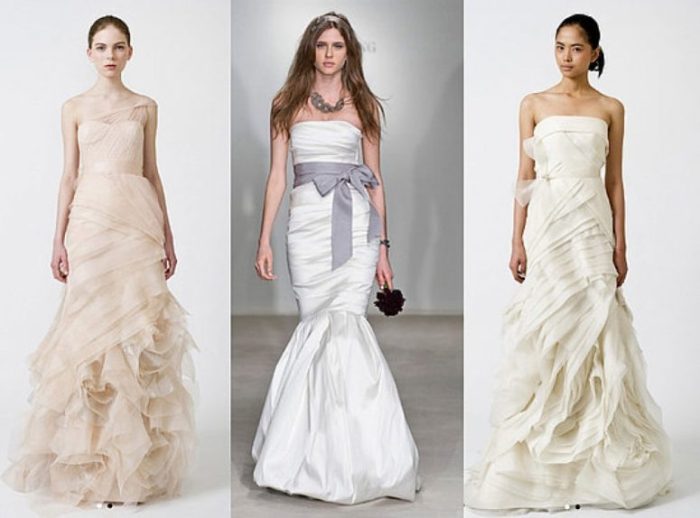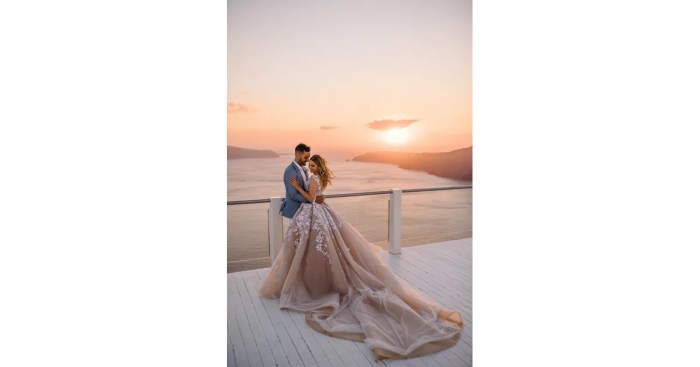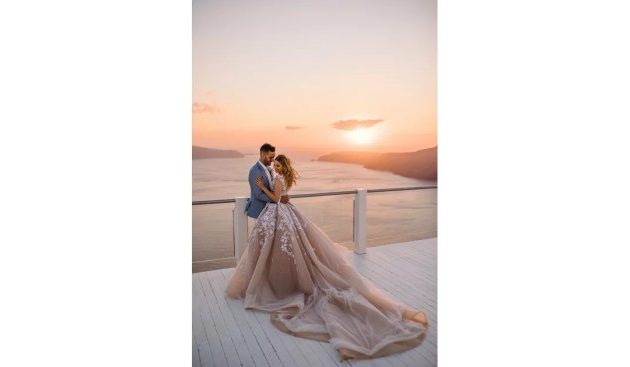Finding Your Dream Dress: A Guide to Buying Used Wedding Dresses: Where Can I Buy Used Wedding Dresses
Where can i buy used wedding dresses – Saying “yes” to a pre-owned wedding dress is a smart and stylish choice. This guide explores various avenues for finding your perfect gown, from online marketplaces to local shops, while also addressing practical considerations like budget, condition, and ethical sourcing.
Online Marketplaces for Used Wedding Dresses

Source: sandiegotowingca.com
Several online platforms specialize in connecting brides with pre-owned wedding dresses. These platforms offer a wide selection and convenience, but understanding their user interfaces, pricing, and return policies is crucial.
Three major online platforms are Still White, PreOwnedWeddingDresses.com, and The Knot. Still White boasts a user-friendly interface with high-quality photos and detailed dress descriptions. PreOwnedWeddingDresses.com features a robust search function allowing for filtering by size, style, and designer. The Knot integrates seamlessly with its wedding planning tools, providing a centralized resource for brides. Pricing strategies vary; some platforms charge sellers a listing fee, while others operate on a commission-based model.
Still White, for example, takes a percentage of the sale price, whereas others might have a flat fee.
| Marketplace | Return Policy | Seller Fees | Buyer Protection |
|---|---|---|---|
| Still White | Generally no returns, unless the dress is significantly misrepresented. | Percentage of sale price. | Escrow system for secure transactions. |
| PreOwnedWeddingDresses.com | Varies by seller; check individual listings. | Listing fees may apply. | Limited buyer protection; encourages direct communication with sellers. |
| The Knot | Varies by seller; check individual listings. | Commission-based; percentage of sale price. | Platform’s dispute resolution system available. |
| Poshmark | Generally accepts returns within a certain timeframe (varies). | Commission-based; percentage of sale price. | Buyer protection offered through Poshmark’s system. |
Local Options for Purchasing Used Wedding Dresses
Buying locally offers a hands-on experience, allowing for in-person inspections and fittings. However, it requires more legwork and may offer a smaller selection compared to online marketplaces. Consignment shops provide a curated selection and often handle alterations, while private sellers offer potentially lower prices but require more due diligence.
Advantages of buying from a consignment shop include professional curation, potential alteration services, and a safe transaction environment. Disadvantages include potentially higher prices than private sellers and limited selection compared to online marketplaces. Buying from a private seller offers potentially lower prices and a more personalized experience. Disadvantages include increased risk of scams or damaged goods and a lack of professional support.
Five essential questions to ask a private seller before purchasing a dress:
- Can I see the dress in person?
- What is the dress’s history (e.g., previous alterations, cleaning)?
- What is the reason for selling the dress?
- What is your preferred payment method?
- What is your return policy (if any)?
Example of a flyer for a local consignment shop:
“Say Yes to Savings! [Shop Name] – Your Destination for Pre-Owned Wedding Dresses” A visually appealing flyer would include a high-quality image of a beautiful wedding dress, the shop’s address and contact information, a brief description of services (e.g., alterations, cleaning, fittings), and a mention of the types of dresses available (e.g., designer gowns, various sizes and styles).
Assessing Dress Condition and Alterations, Where can i buy used wedding dresses

Source: emasscraft.org
Thoroughly inspecting a used wedding dress is crucial. Check for stains, tears, loose seams, and any previous alterations. Professional cleaning and alterations are often necessary. Finding a reputable seamstress is vital for preserving the dress’s integrity and ensuring a perfect fit.
Inspecting the dress involves a careful examination of the fabric, seams, beading, and embellishments for any signs of damage or wear. Look closely for stains, tears, or discoloration. Note any existing alterations and assess whether they align with your needs or require adjustments. Finding a seamstress involves researching local options, reading reviews, and scheduling consultations. Ask about their experience with wedding dress alterations and their pricing structure.
Three tips for negotiating the price:
- Point out any imperfections to justify a lower price.
- Factor in the cost of necessary alterations.
- Research comparable dresses to establish a fair market value.
Ethical and Sustainable Considerations
Buying a used wedding dress contributes to a more sustainable and ethical fashion industry. It reduces textile waste and lowers the environmental impact compared to buying a new dress. However, it’s essential to ensure fair pricing and ethical sourcing.
Environmental benefits include reducing the demand for new textiles, minimizing water and energy consumption in manufacturing, and decreasing textile waste sent to landfills. Ethical concerns include ensuring the seller is not exploiting the bride’s financial situation and that the dress’s provenance is clear.
Five ethical questions to ask a private seller:
- Is the price fair considering the dress’s condition?
- Where did you purchase the dress originally?
- Has the dress been professionally cleaned?
- Are you comfortable with the transaction terms?
- Is there anything I should know about the dress’s history?
Budgeting and Payment Methods

Source: popsugar-assets.com
Creating a realistic budget is crucial. Include the dress price, alterations, cleaning, and any accessories. Secure payment methods offer buyer protection.
A realistic budget should account for the cost of the dress, alterations (including potential fittings), professional cleaning, and any necessary accessories (such as a veil or shoes). Comparing payment methods involves considering security, fees, and buyer protection. PayPal offers buyer protection, while credit cards provide chargeback options. Cash transactions offer simplicity but lack buyer protection.
A sample budget spreadsheet would include columns for: Item (e.g., dress, alterations, cleaning, accessories), Estimated Cost, Actual Cost, and Total Cost.
Finding the Perfect Dress: A Step-by-Step Guide
Searching online involves utilizing filters for size, style, price, and designer. Scheduling appointments for in-person viewings is important for assessing fit and condition. Effective communication ensures a smooth transaction.
Online searching involves using s and filters to narrow down the selection. Consider size, style, designer, and price range. Scheduling appointments requires contacting sellers or shops in advance, confirming availability, and setting a time for trying on the dress. Effective communication involves clearly stating your size, style preferences, budget, and any specific needs or concerns.
Finding a pre-owned wedding gown can be a fantastic way to save money and still look stunning on your big day. Many online marketplaces and consignment shops offer a wide selection. However, knowing the ideal timeframe to begin your search is crucial; refer to this helpful guide on when to start looking for a wedding dress to avoid last-minute stress.
This will allow you ample time to browse both new and used options, ensuring you find the perfect dress within your budget and timeline.
Five tips for effective communication:
- Be upfront about your budget and expectations.
- Ask clarifying questions about the dress’s condition.
- Be respectful of the seller’s time and process.
- Communicate clearly and concisely.
- Confirm all details before making a purchase.
FAQ Overview
What is the average price range for used wedding dresses?
The price varies greatly depending on the designer, condition, and age of the dress. Expect to find options ranging from a few hundred dollars to several thousand.
How can I ensure the dress fits properly if I’m buying it used?
Check the seller’s measurements carefully and consider the possibility of alterations. Many seamstresses specialize in wedding dress alterations.
What payment methods are commonly accepted when buying a used wedding dress?
PayPal, credit cards, and cash are frequently used. Always prioritize secure payment methods to protect yourself.
Can I return a used wedding dress if I’m not satisfied?
Return policies vary greatly depending on the seller. Always check the seller’s policy before purchasing.
How do I clean a used wedding dress after purchase?
Professional wedding dress cleaning is recommended to preserve the gown’s condition and prevent damage. Check with a reputable dry cleaner specializing in delicate fabrics.

